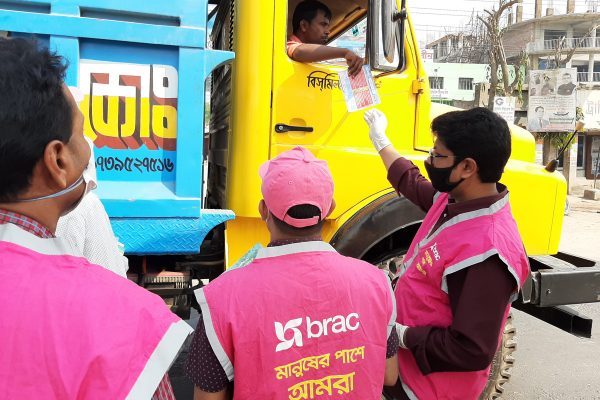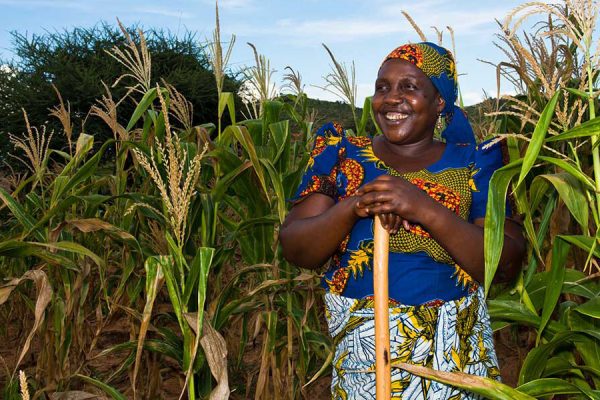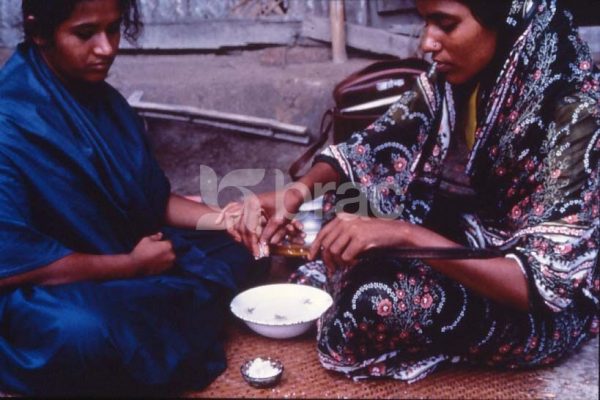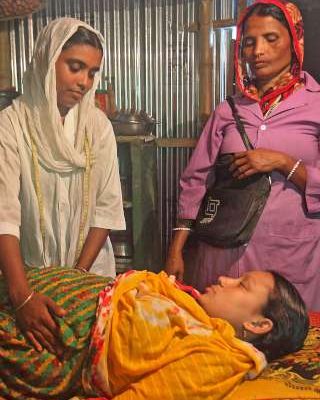Dr Mushtaque Chowdhury
April 4, 2020

Published by Dr Mushtaque Chowdhury at Apr 04 2020
The Covid-19 is still raging. Save Wuhan which is returning to normal, much of the remaining world is struggling. The epicentre is shifting - Wuhan to Europe to New York. Which is next?
March 28, 2020

Published by Dr Mushtaque Chowdhury at Mar 28 2020
Categories
My wife and I had decided to give in to the ever mounting pressure from my children and their spouses and finally stay home from 18 March 2020 – incidentally the day the first Covid-19 related death was announced for Bangladesh.
July 2, 2018

Published by Dr Mushtaque Chowdhury at Jul 02 2018
Categories
Undernutrition is an important and sensitive marker for poverty. It is caused by a variety of factors, with inadequate and unbalanced food being just one.
November 29, 2014

Published by Dr Mushtaque Chowdhury at Nov 29 2014
Diarrhea caused by contaminated water is the single greatest killer of children in much of the world. In the 1980s, the Bangladesh-based organization to which I belong, BRAC, ran a program that helped reduce children's deaths from diarrhea by 80 percent nationwide. The project was fraught with difficulties and challenges, taking a decade to complete. Looking back years later, I think the experience holds important lessons that apply far beyond public health.
February 11, 2013

Published by Dr Mushtaque Chowdhury at Feb 11 2013
This article originally appeared on The Huffington Post on 26 January 2013.
The world has made impressive progress in health over the past few decades, leading to untold lives being saved. This has been possible due to deliberate efforts in providing prevention and healthcare, and improving the various social determinants of health. Yet, nearly ten million children die before reaching their fifth birthday and half a million women die each year in child birth.


